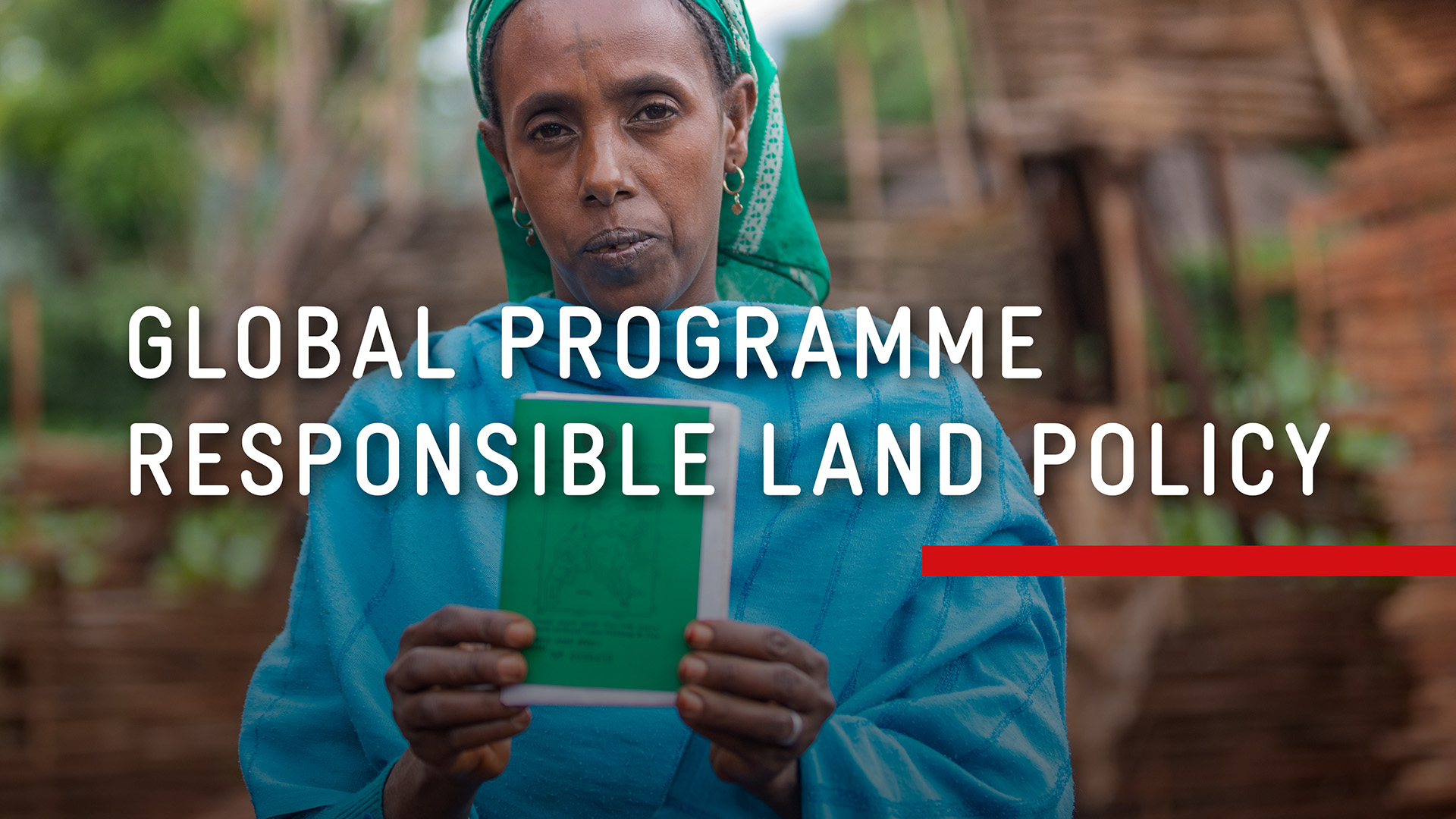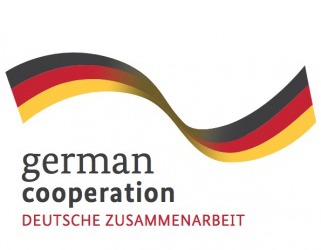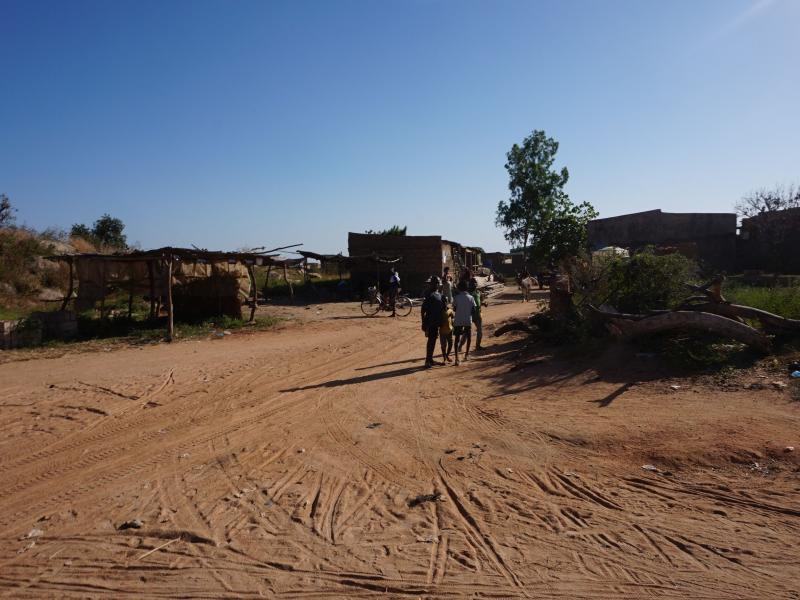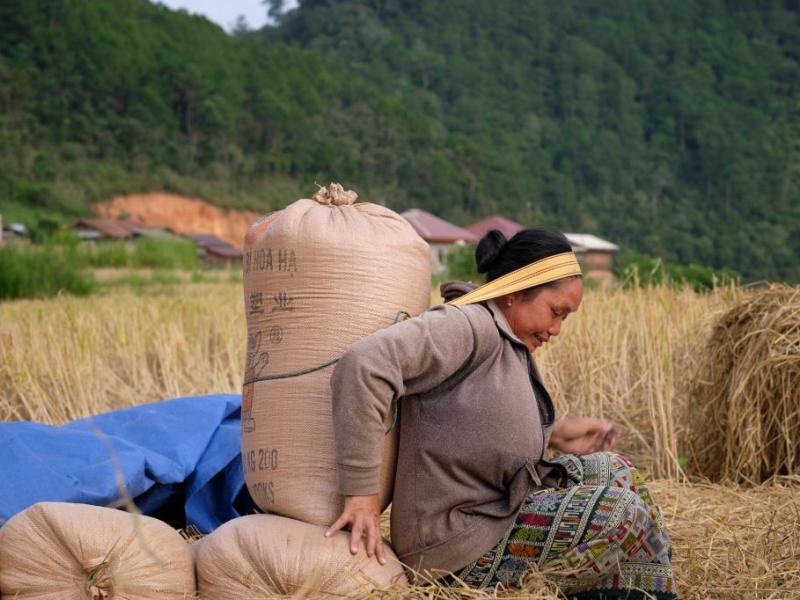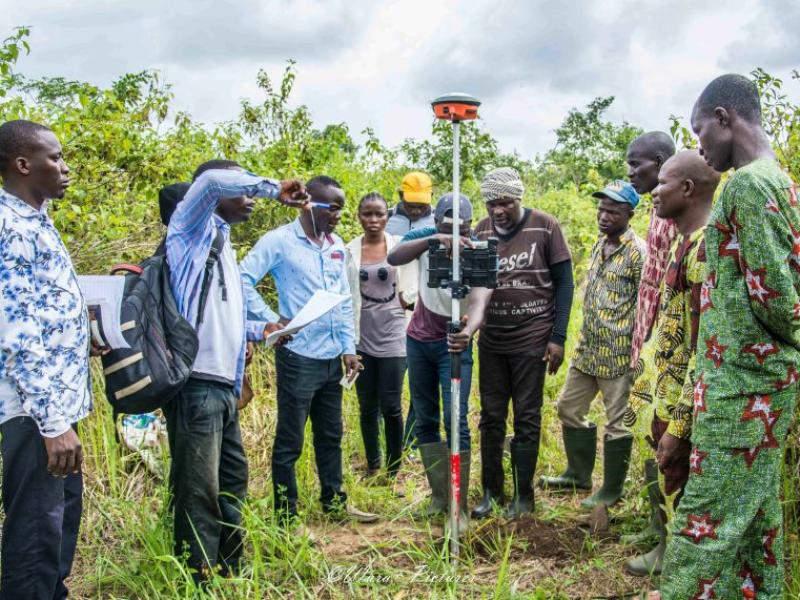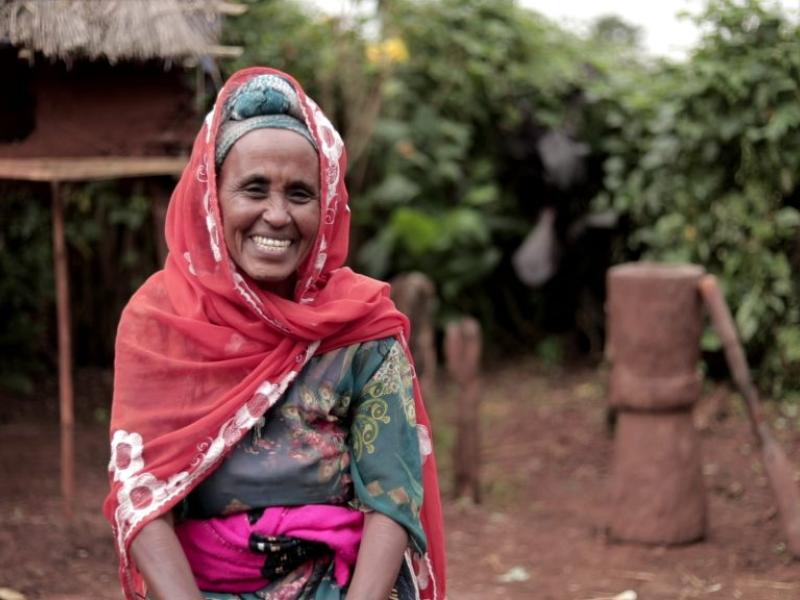Community / Land projects / Responsible Land Policy in Niger
Responsible Land Policy in Niger
€4000000
01/23 - 05/26
Active
Implementing Organisations
Donors
Data Providers
General
Niger is a landlocked country with 80% of its land area covered by desert. Only one eighth of the country's land area can be used for agriculture and livestock. Secure access to fertile land is therefore of vital importance as the country’s population economically depends on it. This scarcity of agricultural land is magnified by the extremely high population pressure in Niger, which has the highest fertility rate in the world. Small family farms mainly have traditional land tenure and use rights, which they may formally obtain, but in reality, this is practically impossible due to the low capacity and insufficient skills of the structures in charge of land tenure. In some parts of the country, customary norms and practices restrict youth and women’s access to land, only in exceedingly rare instances do they access quality land. If women or youth are allocated marginal land, there is often no guarantee of long-term use.
As women and youth are particularly affected by the lack of legal security, they generally invest less in soil fertility and production improvement measures. However, the project Promotion de la Politique Foncière Rurale (ProPFR) Niger, adopted in 2021, promotes the same rights for men and women as the law enshrines that all official documents relating to the legal protection of land rights can be acquired equally by women and men. However, customary laws are still predominant and for example restrict women who may be financially able to buy and rent land on the land market, but in practice are confined from such acquisitions.
In addition, since the turn of the century, large-scale private investment in pastureland has increased and has led to large-scale land losses. On a smaller scale, this situation has further been exacerbated by numerous cases of smaller land grabs by farmers. This trend of land concentration is a consequence of the increasing demand for and scarcity of agricultural land and the lack of boundary definitions and use agreements between farmers and herders. Land scarcity has become a permanent source of conflict between farmers on the one hand and herders on the other. Although most of the time farmer-herder conflicts could theoretically be resolved at the local level, they often escalate. This intensifying conflict situation promotes stigmatisation as well as social division and contributes to the general destabilisation in the country.
Activities in Niger
It is in this context that ProPFR Niger was initiated, funded by the German Federal Ministry for Economic Cooperation and Development (BMZ), with interventions starting in January 2023. The project's objective is to improve the legal protection of access to land for certain population groups, notably women, young people and pastoralists in certain communes of Tillabéri, Tahoua and Agadez. In order to achieve this, the project is divided into three main fields of activity to:
- Improve the institutional framework and procedures for securing land use as well as land ownership rights for smallholder farmers and livestock households,
- Increase civil society participation in the implementation of national land policies and the revision of the land legislation,
- Ensure that private agricultural investors, state and local actors are aware of the main contents of the national rural land policy.
Results
The project will end in May 2026 after 3 years and 5 months of intervention in the regions of Tillabéri, Tahoua and Agadez and aims to achieve:
- Secured land ownership titles for 52,500 smallholder households.
- Collective land use rights and resources in pastoral areas for 700 herder households via social agreements, delimitation decrees and local conventions.
- 80% of conflicts in project target communities are addressed and resolved.
- Private investors will respect the prescriptions of the national rural land law.
Resources
Here on Landportal, the GPRLP shares its knowledge products, which come directly from the projects in the countries. These include good practices, impact stories, as well as manuals and guidebooks on topics like tenure security, dispute resolution and implementation strategies. You can find all our resources from Niger down below!

